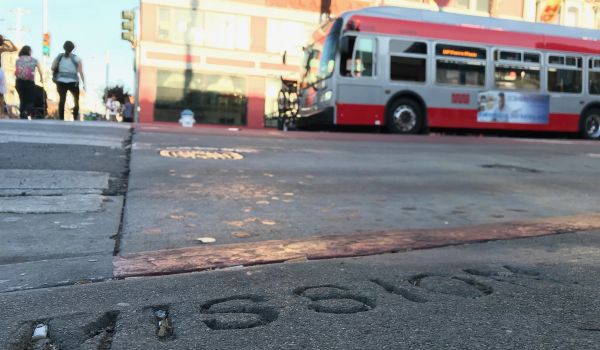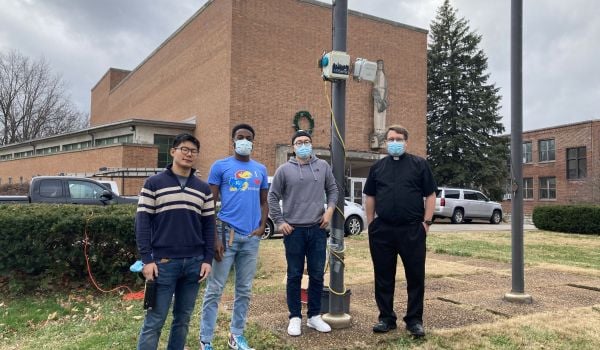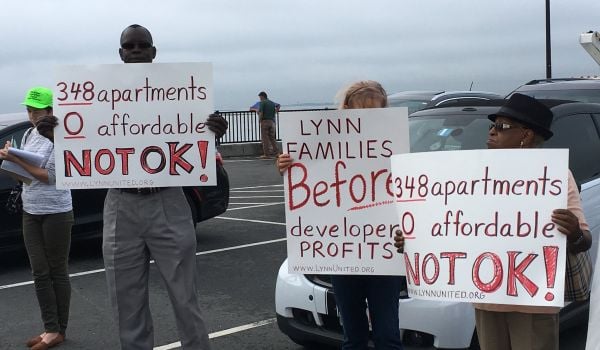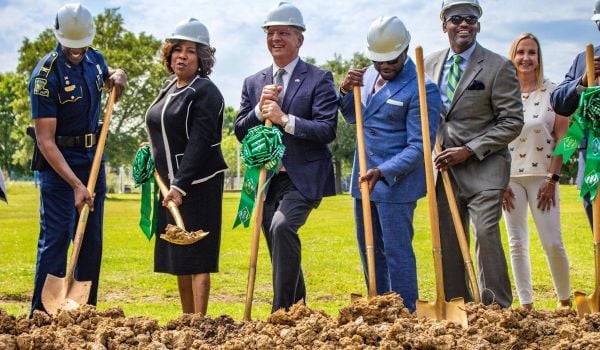A nonprofit group is arguing that St. Louis city and county should merge, which would create the 9th largest U.S. city and remove layers of government bureaucracy.
Better Together says a combined St. Louis would be safer, more prosperous and more equitable, according to a 160-page report released Monday. The group also said it would spend $25 million to build support to put the city-county merger on a ballot initiative in November 2020, the St. Louis Post-Dispatch reported.
The plan would replace the region’s fragmented governance (St. Louis city, St. Louis county, and 88 other municipalities) with one large city with one mayor, one prosecuting attorney, one assessor and a city council made up of 33 members, the Post-Dispatch said. Municipalities would give up authority over sales taxes, roads, courts, police and economic development, but would keep their authority to levy property taxes, operate parks, collect trash and recycling, and set zoning.
The authors of the report suggest that consolidation would lead to better outcomes for residents. For example, there are 55 different police departments that would be consolidated into one.
The report authors say that they “learned of situations [under the current system] in which departments do not share crime data; instances in which addressing crime meant nothing more than trying to move issues into another municipality; and anecdotes of police departments being unable, or unwilling, to cooperate among themselves to address crime.” Speakers at a launch event Monday argued that a united government is the best way to address the concerns of the Ferguson Commission, the group convened by then-Missouri Governor Jay Nixon to study the social and economic conditions that lead to inequality in the St. Louis region.
Similarly, consolidating the courts could avert abuses such as those highlighted by the Post-Dispatch in which “an unnecessarily expensive and incredibly inefficient network of municipal courts siphon[ed] away vast amounts of their money to support a system seemingly designed to maintain the status quo.”
Speaking at the launch event, St. Louis Mayor Lyda Krewson spoke to the economic advantages of merging. “When you are all vying for our piece of the pie, we fuss,” she said. “It’s our job to try to win against the others. But the competition should not be between Wildwood and Hazelwood, or the city and the county. The competition should be between St. Louis and Nashville, St. Louis and Indianapolis, St. Louis and Louisville, or Austin and Denver.”
Mayor Krewson and St. Louis County Executive Steve Stenger support the plan, although other local mayors and the St. Louis County Council support a different merger which avoids municipal consolidations while still merging the city and county of St. Louis—or no merger at all. State lawmakers have introduced legislation that would ban voters from deciding whether to merge the city and county.
Some of the members of the Municipal League of Metro St. Louis allege that Better Together hasn’t been transparent, the Post-Dispatch reported, saying that the group has tried to play up its grassroots beginnings and downplay its funding by billionaire Rex Sinquefield.
“I’ve never met him,” task force member and Washington University doctor Will Ross told the Post-Dispatch, by way of rebuttal. “He could come up and slap me and I’d have no idea who he is.”
The city and county separated by vote in August 1876, in what was known as the Great Divorce. According to the Post-Dispatch, five previous efforts to reunite them have failed.

Rachel Kaufman is Next City's senior editor, responsible for our daily journalism. She was a longtime Next City freelance writer and editor before coming on staff full-time. She has covered transportation, sustainability, science and tech. Her writing has appeared in Inc., National Geographic News, Scientific American and other outlets.
Follow Rachel .(JavaScript must be enabled to view this email address)















